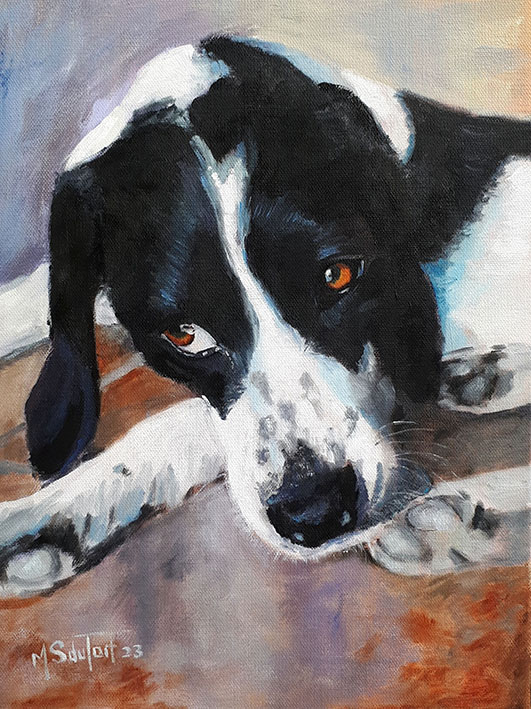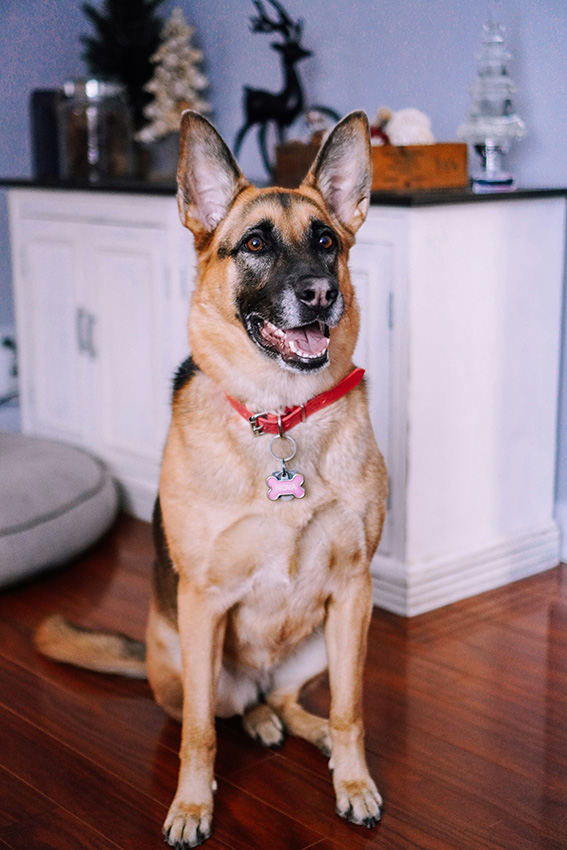As our beloved dogs age, they require more specialized care to ensure their comfort, health, and happiness. Understanding the unique needs of senior dogs can help you provide them with a quality of life that matches the love they have given you over the years. Here are essential aspects to consider when caring for your older dog.
Recognizing the Signs of Aging
Every dog ages differently, but there are common signs that may indicate your furry friend is entering their senior years, typically around the age of seven, depending on the breed. These signs can include:
- Decreased Energy Levels: Older dogs may become less active and prefer lounging over playtime.
- Weight Changes: Watch for unexpected weight gain or loss, which can signal health issues.
- Changes in Behavior: Increased anxiety, irritability, or withdrawal from social interactions can be signs of cognitive decline.
- Mobility Issues: Difficulty climbing stairs, getting up, or changes in gait can indicate arthritis or other mobility challenges.
- Dental Problems: Bad breath, difficulty eating, or visible plaque can point to dental disease.
Recognizing these signs early can help you address issues before they become serious.
Nutrition: Tailoring Diet for Senior Dogs
A well-balanced diet is crucial for the health of older dogs. Their nutritional needs change as they age, requiring adjustments to their food choices.
- Lower Caloric Needs: Senior dogs typically require fewer calories to maintain a healthy weight. Look for senior-specific dog foods that provide balanced nutrition with lower fat content.
- Joint Health Supplements: Ingredients like glucosamine and chondroitin can support joint health and mobility. Some dog foods include these supplements, but they can also be given as separate treats.
- Digestive Support: Older dogs may have sensitive stomachs. Foods that are easy to digest, high in fiber, and rich in omega-3 fatty acids can help with gastrointestinal health.
- Hydration: Ensure your senior dog has constant access to fresh water, as dehydration can lead to various health problems.
Consulting your veterinarian about your dog’s dietary needs can help you make the best choices.
Regular Veterinary Check-ups
Regular veterinary visits become even more important as your dog ages. Routine check-ups can help catch health problems early, leading to better outcomes. During these visits, consider the following:
- Comprehensive Exams: Older dogs should receive thorough exams at least twice a year. Your vet will check for common age-related issues, such as heart disease, kidney problems, and cancer.
- Vaccination Updates: Ensure your dog is up-to-date on vaccinations, as older dogs can be more vulnerable to illnesses.
- Dental Care: Regular dental cleanings can help prevent dental disease, which is common in senior dogs.
- Blood Tests and Screenings: Regular blood work can help monitor organ function and catch potential health problems early.
Establishing a good relationship with your veterinarian is crucial for managing your older dog’s health.
Exercise and Mental Stimulation
While older dogs may not have the same energy levels as they did in their youth, they still need regular exercise and mental stimulation to stay healthy and happy.
- Gentle Walks: Short, frequent walks can help maintain mobility and prevent obesity. Pay attention to your dog’s pace and adjust as needed.
- Interactive Toys: Provide puzzle toys or treat-dispensing toys to keep your dog mentally engaged. This can help stave off cognitive decline.
- Training Sessions: Short training sessions can reinforce commands and provide mental stimulation. Positive reinforcement is key to keeping the experience enjoyable.
- Socialization Opportunities: If your dog enjoys being around other dogs, consider playdates or trips to a dog-friendly park. Socialization can help keep their spirits high.
Be sure to monitor your dog for signs of fatigue or discomfort during activities, and adjust accordingly.
Creating a Comfortable Living Environment for Senior Dogs
As dogs age, they may have difficulty with mobility and may need a few adjustments at home to make their environment more comfortable.
- Comfortable Bedding: Provide soft, supportive bedding that makes it easy for your dog to get up and lie down. Orthopedic beds can be especially beneficial for senior dogs.
- Easy Access: Ensure your dog can easily access food, water, and outdoor areas. Consider using ramps for stairs or elevated dog bowls for easier access.
- Temperature Control: Senior dogs can be more sensitive to extreme temperatures. Ensure they have a comfortable place to rest that is away from drafts and excessive heat.
- Safety Precautions: Keep pathways clear of obstacles to prevent falls, and consider using non-slip mats to provide stability on slippery floors.
Creating a safe and comfortable environment will significantly enhance your older dog’s quality of life.
Conclusion
Caring for an older dog requires understanding, patience, and a willingness to adapt to their changing needs. By recognizing the signs of aging, adjusting their diet, scheduling regular veterinary visits, providing appropriate exercise and mental stimulation, and creating a comfortable living environment, you can help your senior dog enjoy their golden years. Remember, the love and companionship they have provided over the years deserve to be reciprocated with the best care possible.



